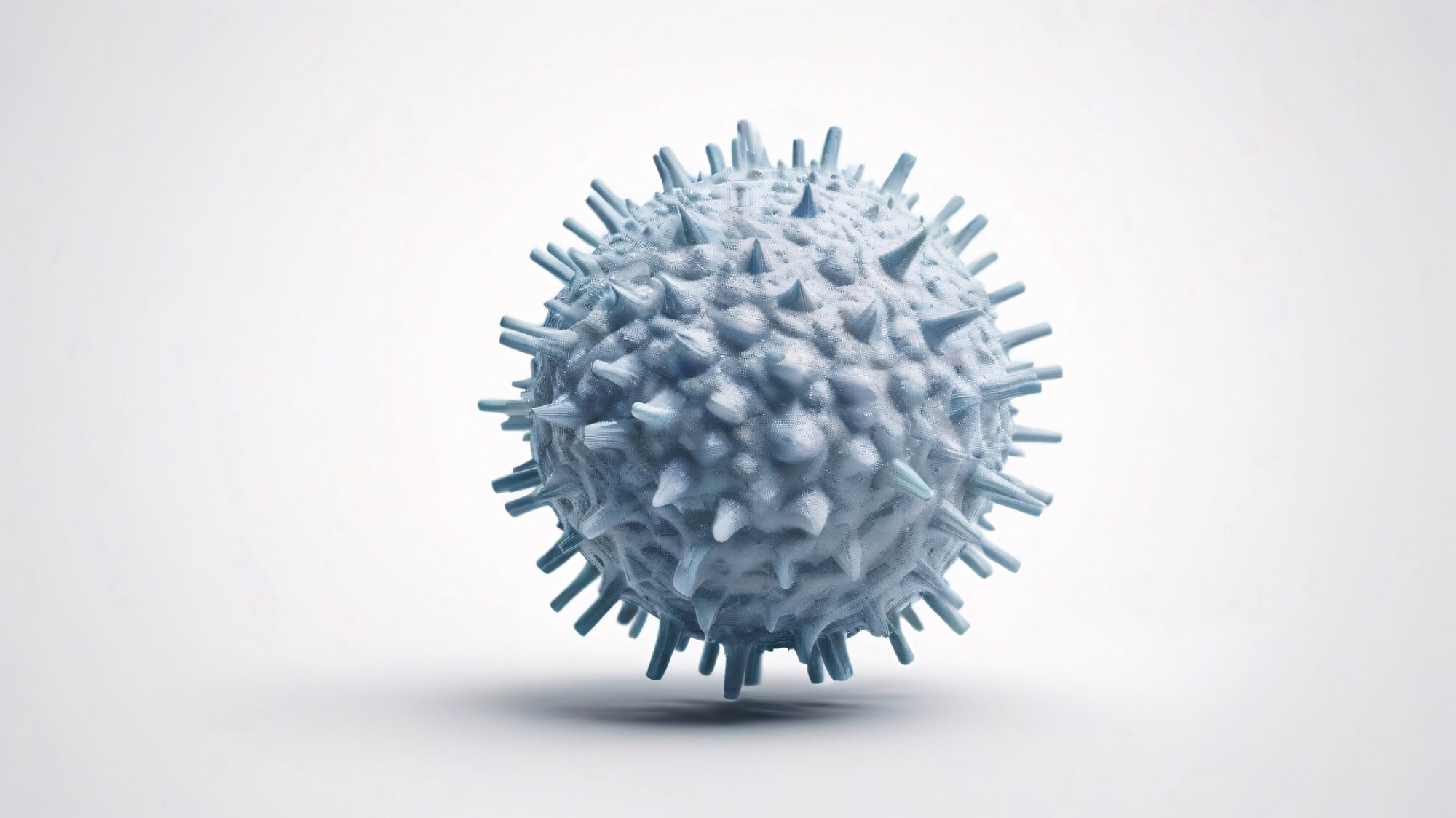
Immunity
Immunity is the body’s ability to protect itself against pathogens (bacteria, viruses, fungi, or parasites), preventing infection or eliminating an illness without symptoms. A variety of mechanisms are involved. Nonspecific immune defenses, such as the skin and mucous membranes, form a natural protective barrier. Various body secretions, for example saliva and gastric juice, contain substances that can kill pathogens. In addition, the body has the ability to defend itself against certain pathogens using antibodies as part of the specific immune defense. Immunity is acquired, for example, through an initial infection with a particular pathogen or by vaccination.





